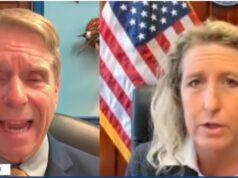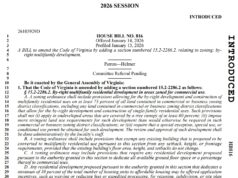In the AHCA/BCRA*, block grants and per capita caps have been proposed as mechanisms for controlling Medicaid spending. For those who don’t know, block grants would allocate money to states based on current overall spending levels in each state, meaning richer states get more money to fund Medicaid. Per capita caps would constrain Medicaid spending on a per enrollee basis. Basically, these caps decided how that money is spent on a per person basis.
Some people may be thinking, “I don’t see a problem with limiting the amount of money that goes to states. This will make them use federal dollars more efficiently.” Maybe these people forgot that states already constrain Medicaid spending and usually prefer to spend limited state resources on K–12 and higher education, corrections, and infrastructure. Furthermore, states have successfully controlled costs by limiting provider payment rates, providing alternatives to nursing home care, and controlling prescription drug care and utilization.
Neither block grant nor per capita cap proposals are likely to improve program efficiency. They are just going to limit the state’s ability to take care of needy residents during catastrophic events. For example, if eastern Virginia is hit with a devastating hurricane, the block grant allocated to our state doesn’t change. That means people who lose their business or health insurance as a result of a catastrophic environmental event will remain uninsured. Therefore, these people would be using health services without the ability to pay.
“So if they don’t pay, who does?” Uncompensated care, which are services provided without payment, often shifts the financial burden of the uninsured to people with health insurance. Usually the cost is covered in the form of higher premiums. For example, in 2008 the average insured family paid an additional $1,017 in premiums to cover the cost of care for the uninsured.
“Oh, that’s okay, there are free clinics anyway.” In Virginia, free clinics reported up to a four-month wait for patients seeking a first appointment. So yes, there are over 100 free clinics in Virginia but these providers reported record breaking numbers of uninsured patients for 2016. This has forced some clinics to institute lotteries to determine new patients while other clinics simply refuse to accept new patients because of capacity and/or resource limitations. So, no, free clinics usually are not an option.
Obviously we won’t know the full impact of the senate AHCA bill until it receives a score from the CBO but just from looking at it, it’s clear that all Virginians will suffer.
*American Health Care Act (AHCA) and Better Care Reconciliation Act (BCRA)











